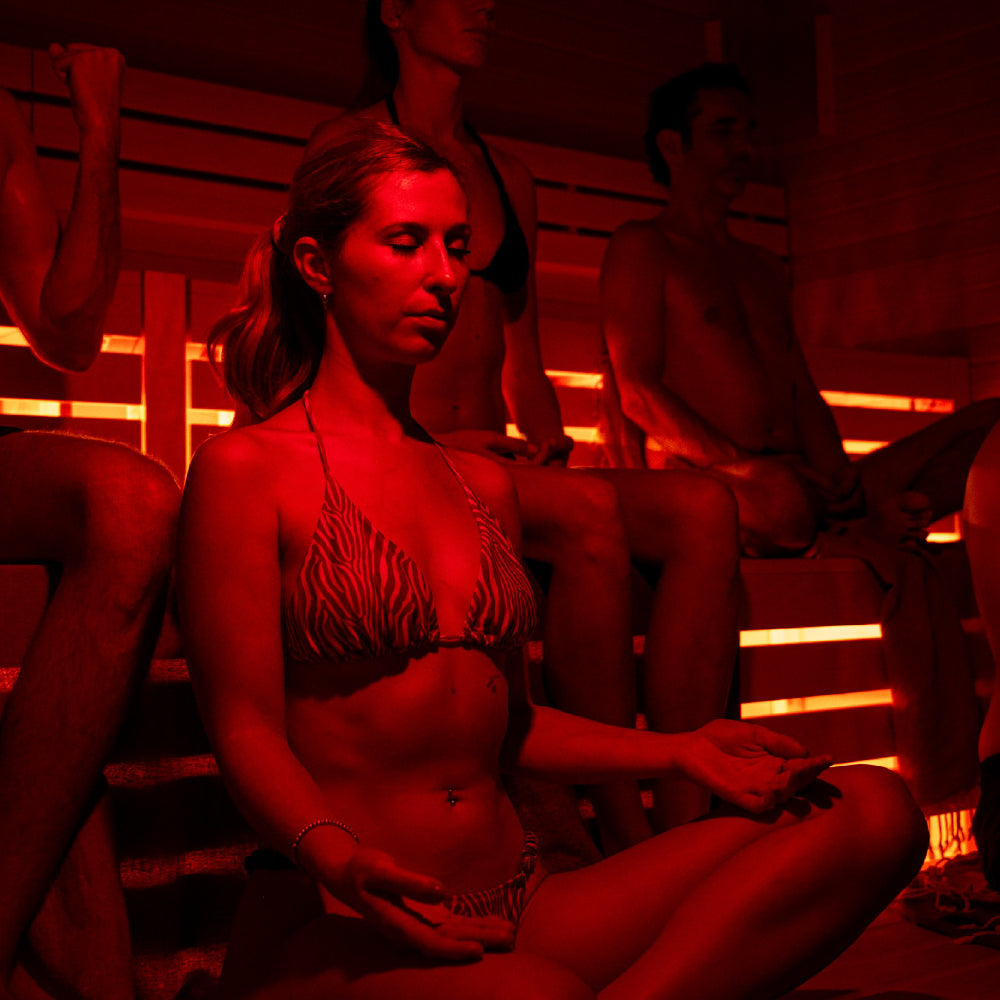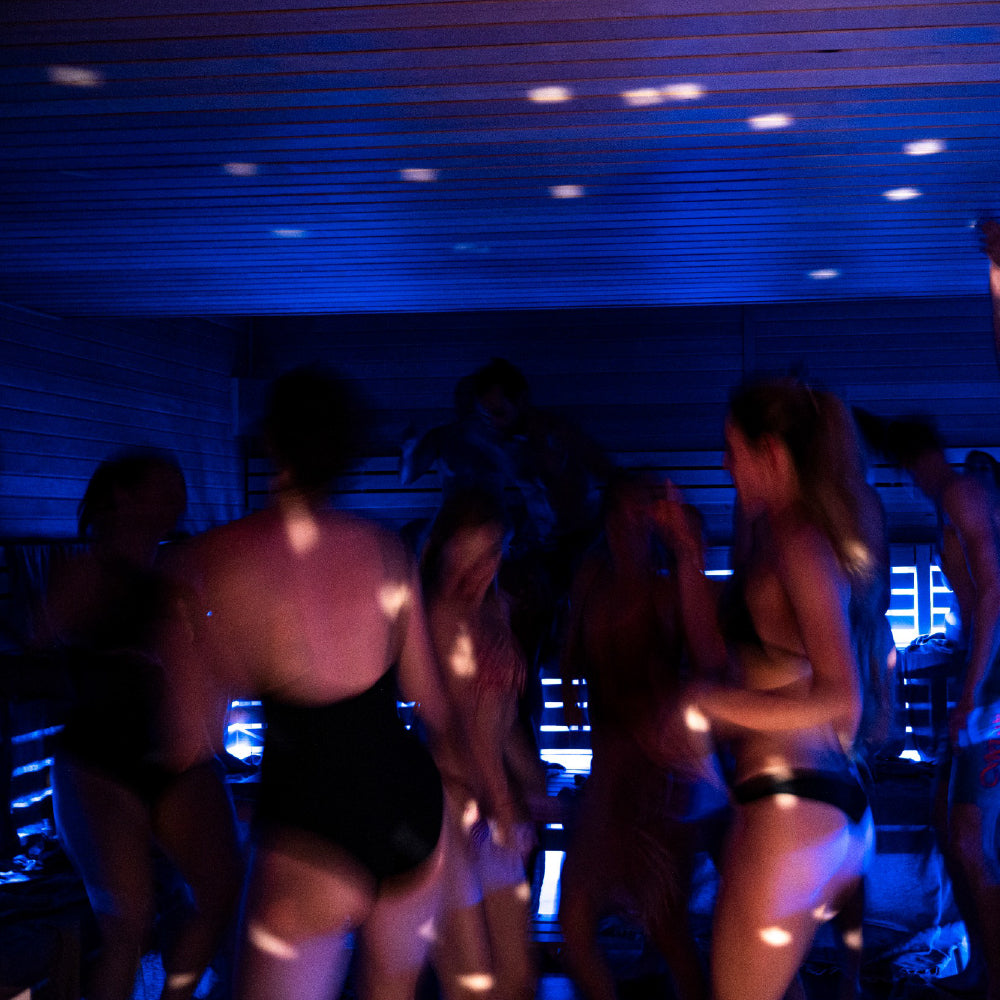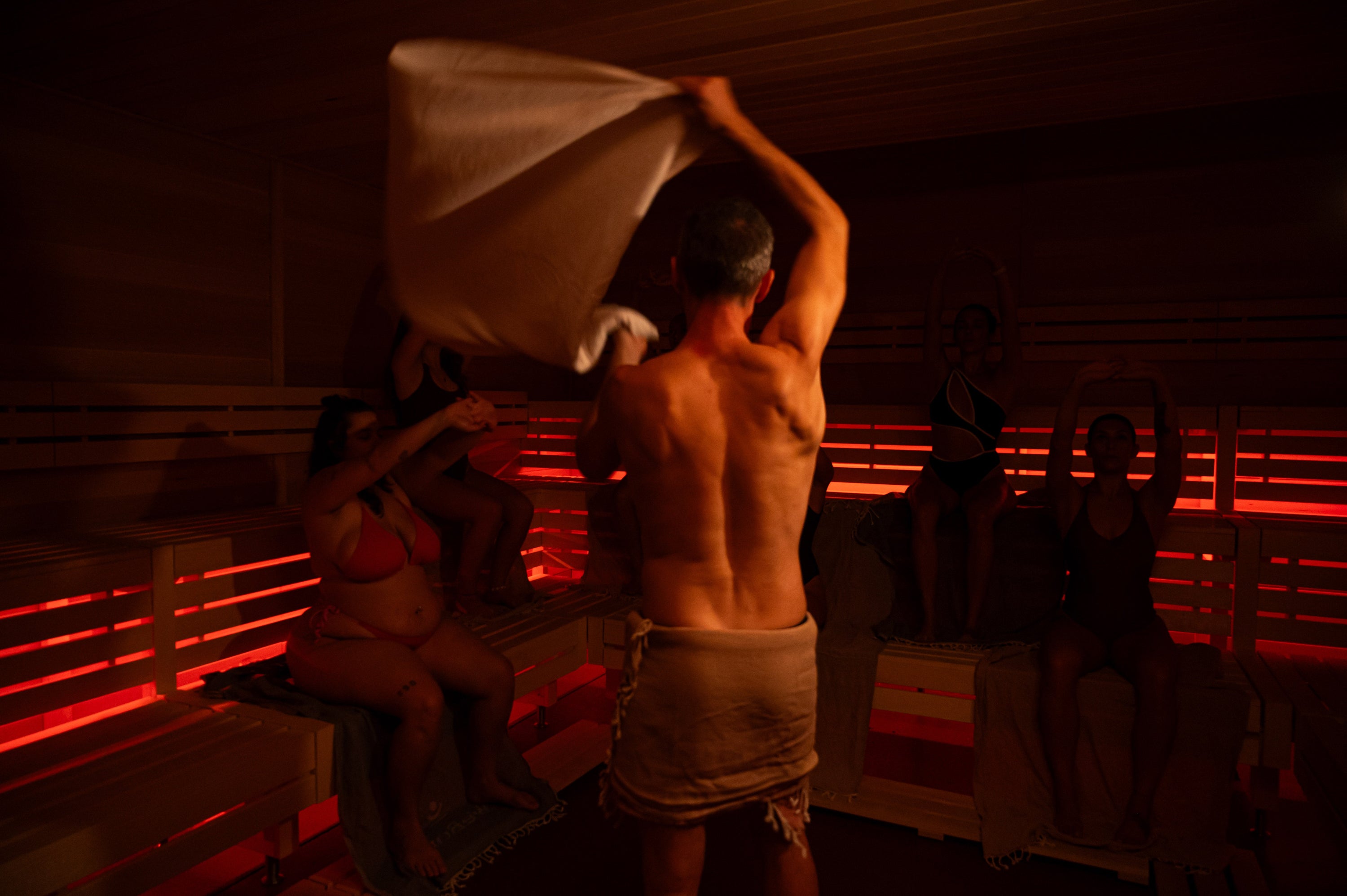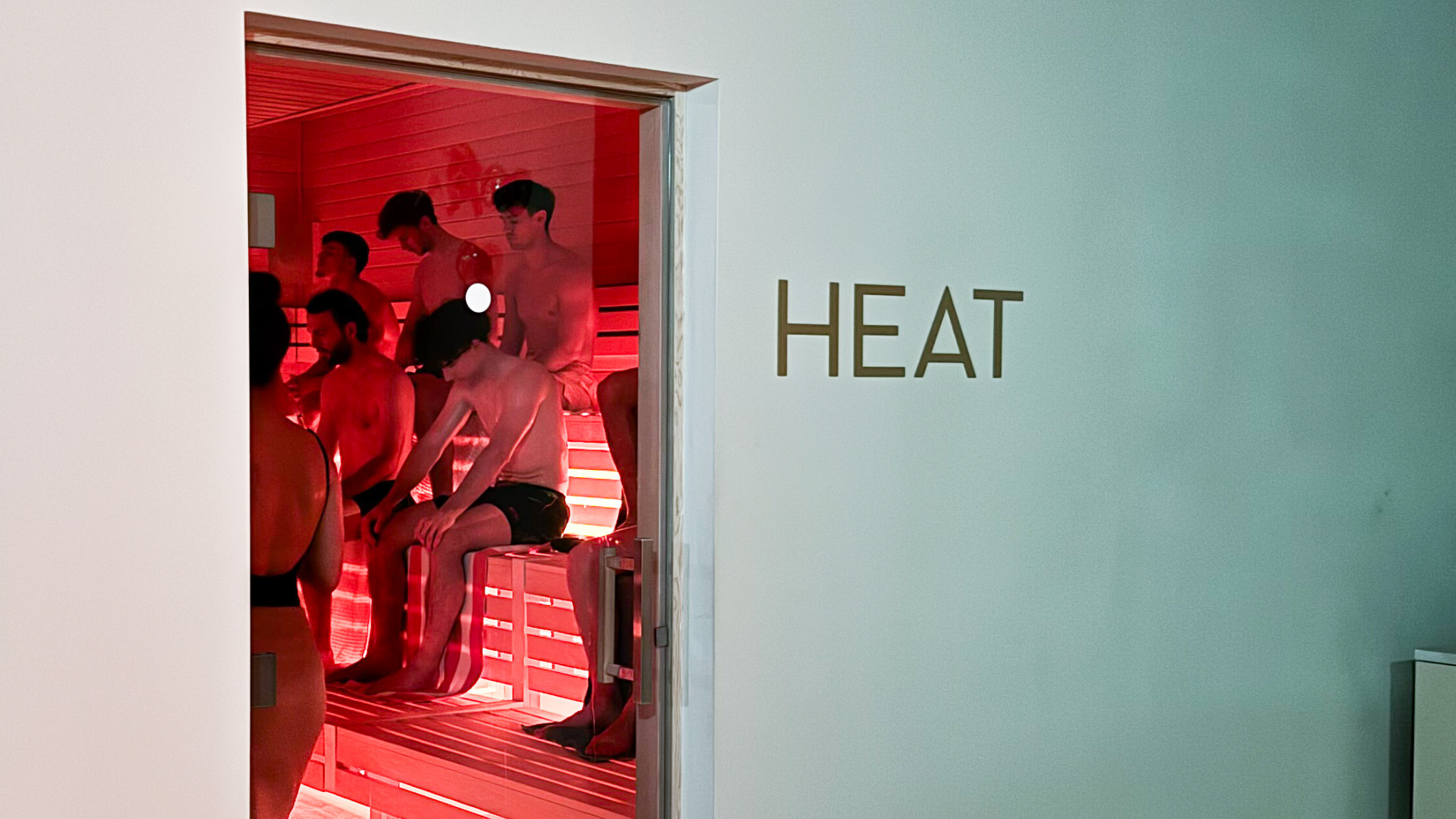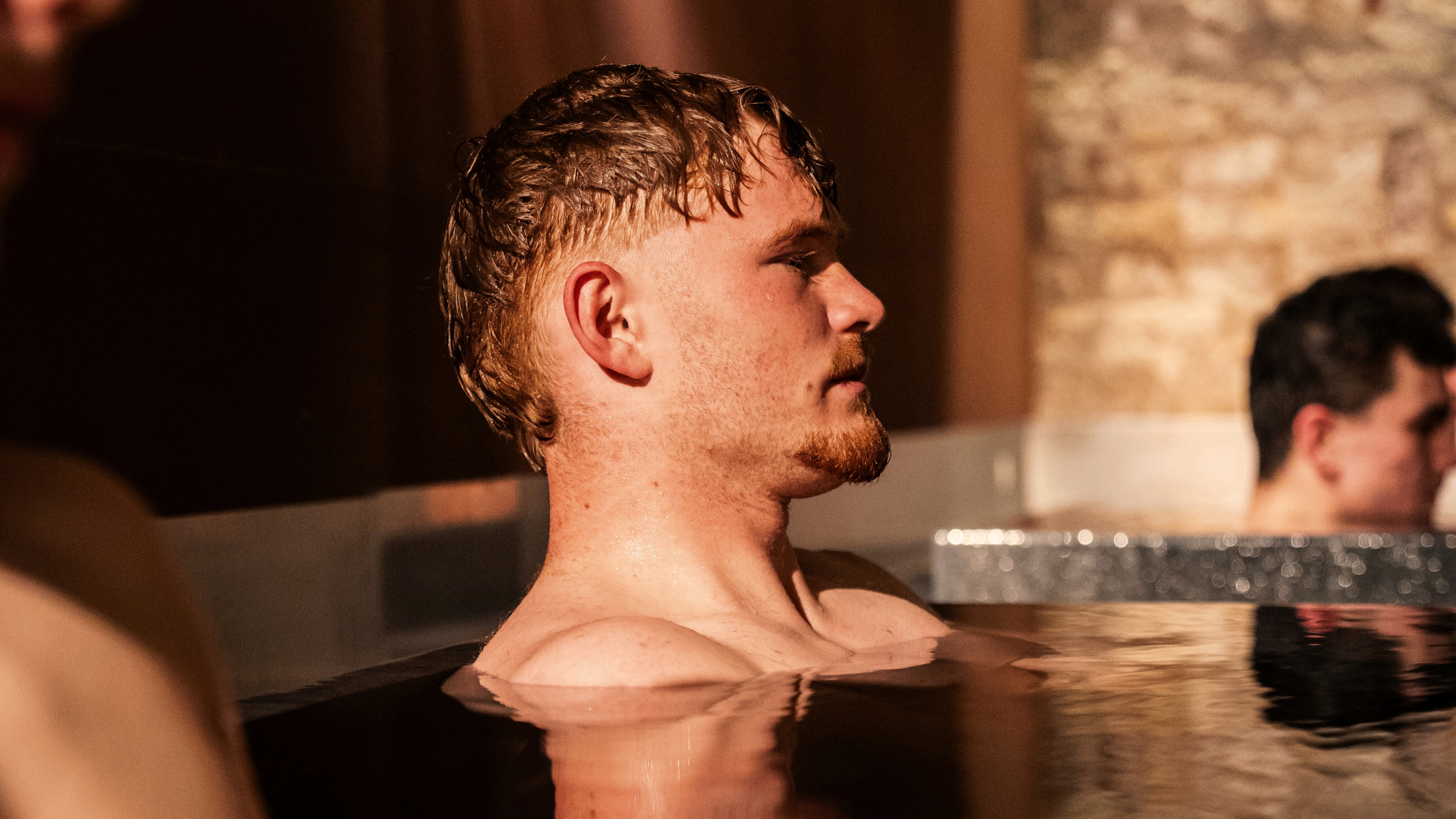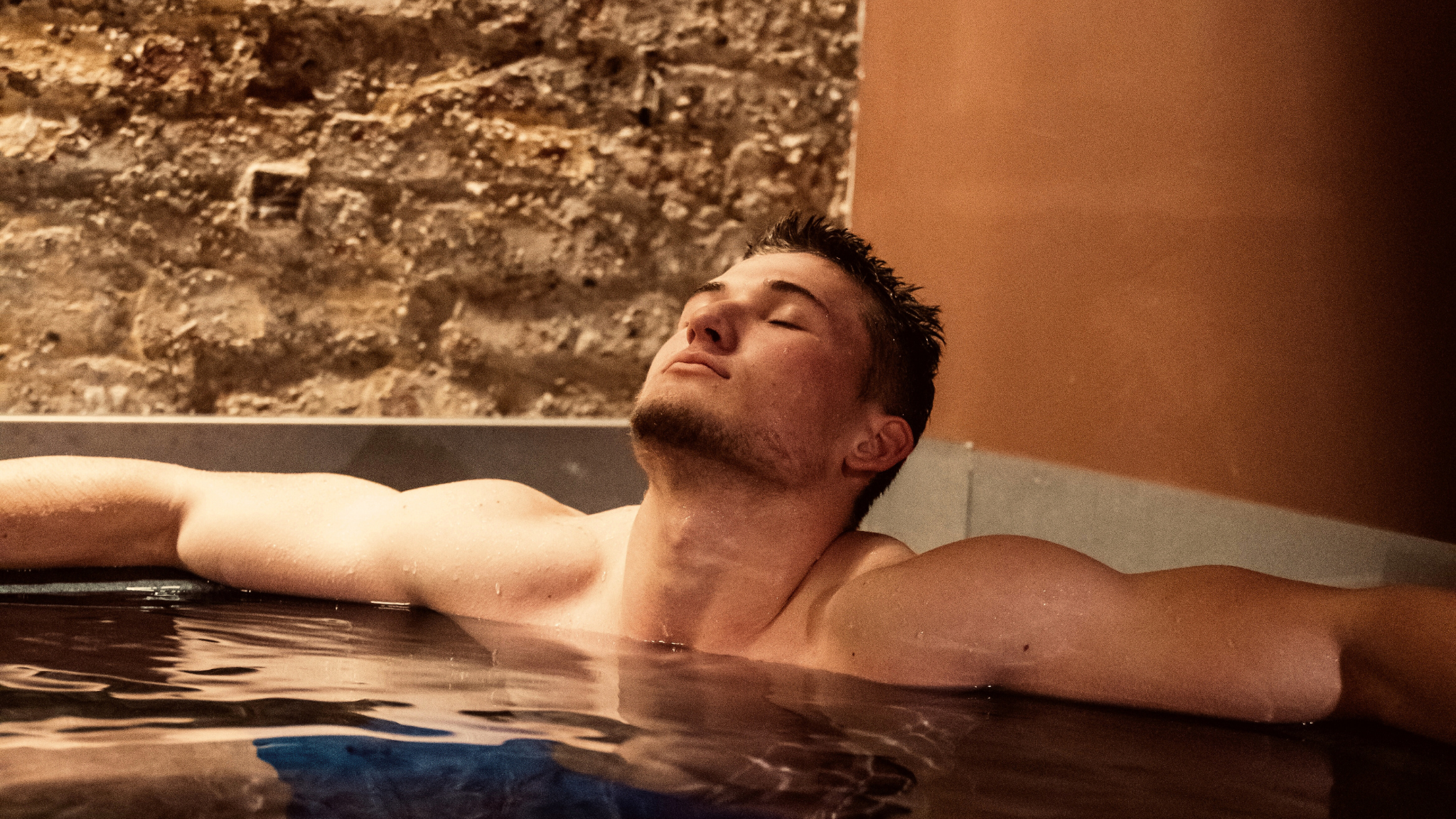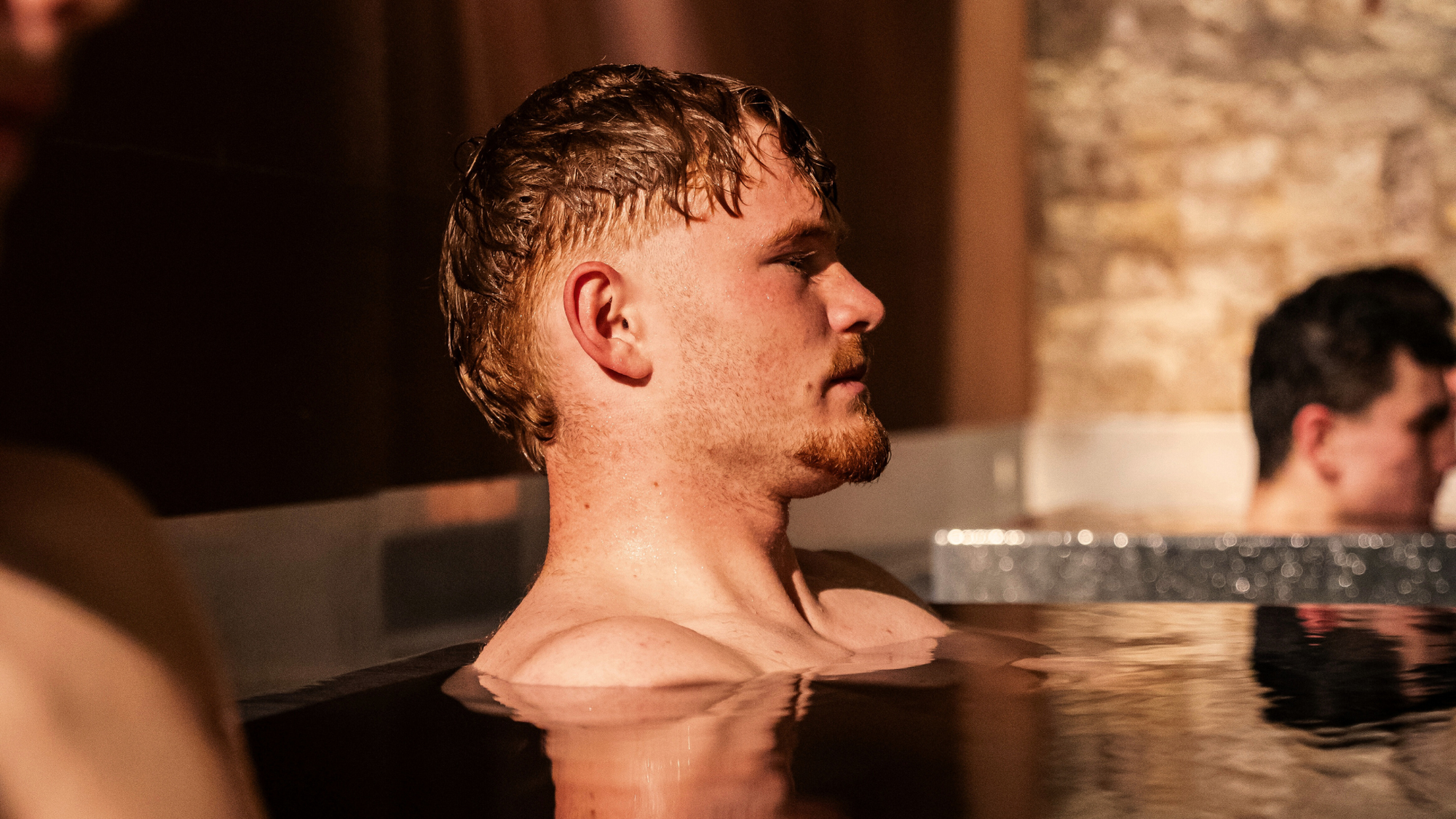

· Von Katharina Fojtl
Cortisol senken: Kann Eisbaden Stress reduzieren?
Stress und Cortisol verstehen
Stress ist eine natürliche Reaktion auf Herausforderungen – sowohl körperlich als auch mental. Kurzfristig macht er uns leistungsfähiger, chronisch (dauerhauft) kann er Körper und Geist erschöpfen.
Ein zentraler Spieler in dieser Reaktion? Cortisol – auch als „Stresshormon“ bekannt.
Was ist Cortisol und wie hängt es mit Stress zusammen?
Cortisol wird in den Nebennieren produziert und beeinflusst Stoffwechsel, Immunsystem und Blutdruck. Bei Stress sendet der Hypothalamus (die Schaltzentrale des Gehirns) ein Signal an die Hirnanhangdrüse, die dann die Nebennieren zur Cortisol-Ausschüttung anregt.
Kurzfristig ist Cortisol überlebenswichtig. Dauerhaft erhöhte Werte führen möglicherweise zu:
✅ Erhöhter Reizbarkeit und Angstzuständen
✅ Schlafproblemen
✅ Gewichtszunahme (besonders am Bauch)
✅ Geschwächtem Immunsystem
✅ Erhöhtem Risiko für Burnout
Eustress vs. Distress: Ist Stress immer schlecht?
Nicht alle Stressarten sind negativ. Es gibt:
- Distress – der belastet und zu Erschöpfung führt.
- Eustress – die positive Art, die Resilienz stärkt (auch „hormetischer Stress“ genannt).
Genau hier setzt Kälteexposition – z. B. durch Eisbaden – an. Sie hilft dem Körper, mit Stress gesünder umzugehen.
Wie Eisbaden beim Stressabbau hilft
Kälte ist eine Form von „hormetischem Stress“, die den Körper trainiert, Stress besser zu bewältigen.
Cortisol & Hormonregulation
Ein Eisbad lässt Cortisol zunächst ansteigen. Aber wenn du regelmäßig ins kalte Wasser gehst, sinkt der Grundspiegel von Cortisol. Das bedeutet: mehr Stressresilienz und ein entspannterer Alltag.
Die Vorteile von Eisbaden:
- Chronisches Cortisol senken
→ Regelmäßiges Eisbaden kann den langfristigen Cortisolspiegel reduzieren. - Bessere Stimmung & mentale Klarheit
→ Dopamin- und Noradrenalin-Ausschüttung steigt, was die Motivation und das Wohlbefinden verbessert. - Tieferer Schlaf
→ Eisbaden reguliert Melatonin und senkt nächtliches Cortisol – für besseren, erholsameren Schlaf. - Höhere Stresstoleranz
→ Wiederholtes Eisbaden macht uns stärker gegenüber alltäglichen Belastungen.
Die Kombination von Kälte & Wärme
Noch effektiver wird das Ganze, wenn man Sauna und Eisbad kombiniert:
- Studien zeigen: Wer Sauna (80-100°C) mit Kälte (1 Min, 10-11°C) kombiniert, kann seine Cortisolwerte um bis zu 29% senken.
- Das Wechselspiel zwischen Sauna und Eisbad („Kontrasttherapie“) imitiert natürliche Stress- und Erholungsphasen. Das hilft dem Körper, schneller zu regenerieren.
Cortisol & Eisbaden – auf den Punkt gebracht
✅ Chronischer Stress hält den Cortisolspiegel dauerhaft hoch – mit negativen Folgen.
✅ Eisbaden lässt Cortisol anfangs ansteigen, senkt aber den Basiswert langfristig.
✅ Eisbaden stärkt die Stresstoleranz und verbessert die allgemeine Resilienz.
✅ Kälte steigert das Wohlbefinden, verbessert den Schlaf und stabilisiert die Stimmung.
✅ Sauna + Eisbaden („Kontrasttherapie“) verstärken den positiven Effekt.
WeBorn Pro-Tipp
💡 Nutze Kälte gezielt zur Stressbewältigung! Gehe bewusst ins Eisbad, atme tief durch die Nase und setze dir ein klares Vorhaben. So kannst du langfristig entspannter mit Stress umgehen. Um es einfacher zu machen: Probiere eine unserer Expert:innen-angeleiteten Eisbade- oder gar Sauna- & Eisbadeklassen aus.
Fazit
Chronischer Stress und hoher Cortisolspiegel können der Gesundheit schaden. Sich kontrolliert der Kälte auszusetzen – wie beim Eisbaden – trainiert Körper und Geist, besser damit umzugehen.
Regelmäßig ins eiskalte Wasser zu springen hilft, das Stresshormon Cortisol zu senken, das Wohlbefinden zu steigern und die Stresstoleranz zu verbessern.
Noch effektiver? Kombiniere Kälte mit Sauna („Kontrasttherapie“) für maximalen Effekt.
Bereit für das erste Eisbad? Buche dir jetzt eine geführte Sauna- & Eisbadsession bei WeBorn aus – für eine noch tiefere Erfahrung! Zum erstmaligen Probieren kannst du dir auch eines unserer Probierpakete holen.


